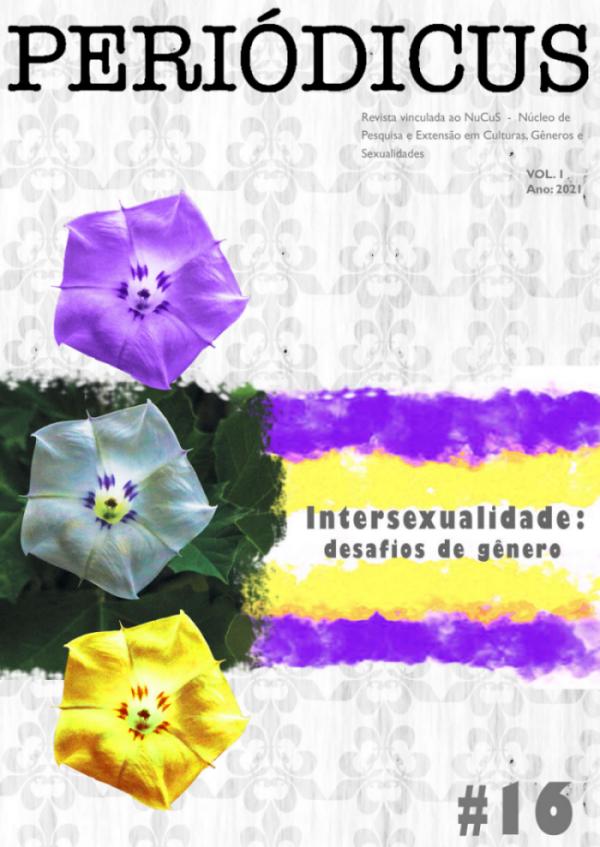Divine, insurgents and sinners: the mythical guilt of women
DOI:
https://doi.org/10.9771/peri.v1i16.35908Abstract
This article aims to discuss the woman-guilt relation from fragments of mythical narratives from four different cultures; jewish-christian, greek, guarani and yoruba. We used as methodology a questioning exercise inspired by Foucault. The reinterpretation of some myths in this perspective showed women considered divine, insurgents and sinners in different cultures and times that figure in a complex historical plot, in which feminine perspectives were built and passed through time and space until today, wrapped in guilt. In the strong and constant movement that maintains in the present that on the basis of different problems there is always a woman, who did not take care of her children as she should, dressed provocatively, stood out too much, spoke a lot, was very curious, did not breastfeed, assumed a role that did not fit, among other things, we have echoes of other times.
Downloads
Downloads
Published
How to Cite
Issue
Section
License
Copyright (c) 2021 Ailton Dias de Melo

This work is licensed under a Creative Commons Attribution-NonCommercial 4.0 International License.
Authors who publish in this journal agree to the following terms:
Authors retain copyright and grant the journal the right of first publication, with the work simultaneously licensed under a Creative Commons Attribution Noncommercial License that allows the work to be shared with acknowledgment of authorship and initial publication in this journal, but prohibits commercial use.
Authors are authorized to enter into separate additional contracts for non-exclusive distribution of the version of the work published in this journal (e.g., publishing in an institutional repository or as a book chapter), with acknowledgment of authorship and initial publication in this journal.
Authors are permitted and encouraged to publish and distribute their work online (e.g., in institutional repositories or on their personal website) at any point before or during the editorial process, as this can generate productive changes and increase the impact and citation of the published work (see The Effect of Open Access).








